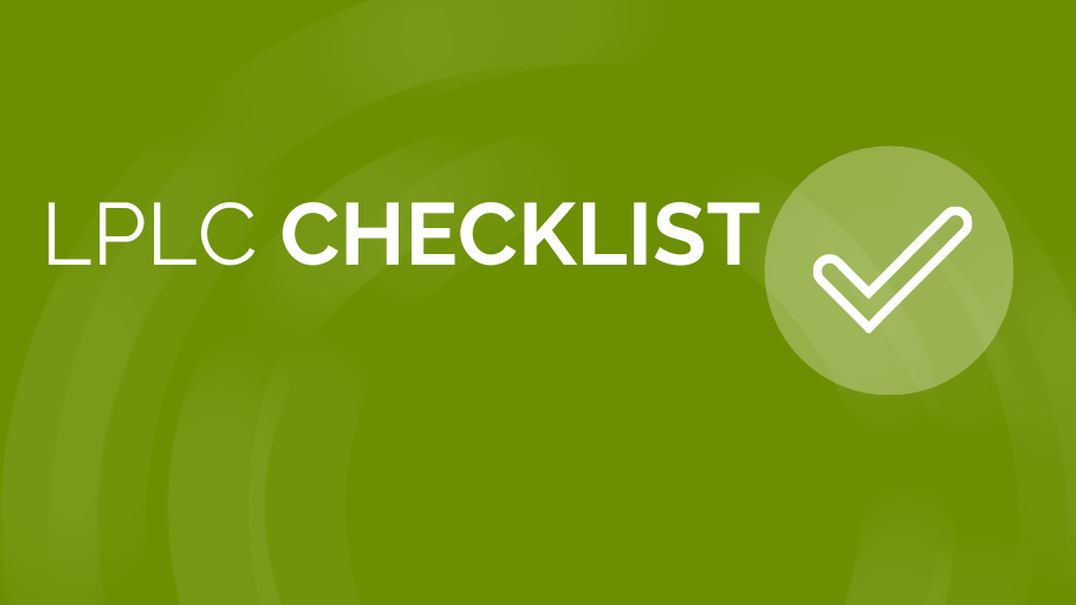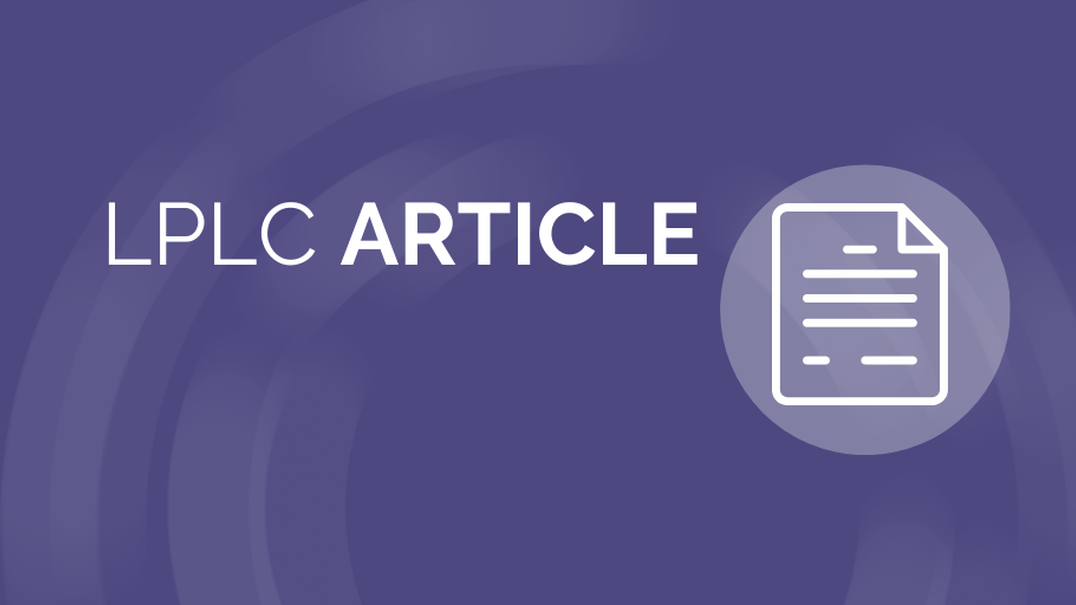This section covers the most frequently asked questions in regards to general GST issues.
General GST FAQs
Where a vendor of commercial property or new residential premises is not registered for GST it may appear that GST is not payable. However, there is a further question that needs to be asked. Was the supply done in the course or furtherance of an enterprise? GST ruling GSTR 2001/714 at paragraphs 46-47 sets out that where an entity buys a property, such as a suburban shop, and refurbishes it with a view to then selling it for a profit, it is an isolated transaction that constitutes an enterprise. The sale of the property is treated as trading stock rather than the disposal of a capital asset. The sale price is part of the enterprise turnover for the purposes of assessing projected GST turnover and usually will be more than $75,000, so the vendor will be required to be registered.
The key issue here is what was the vendor’s purpose in buying the property in the first place when assessing whether this was an isolated transaction that triggers the requirement to be registered for GST.
When a deposit is forfeited, it is treated as consideration for the entry by the vendor into an obligation to sell a property. If GST would have been payable under the sale contract, the vendor as recipient of the forfeited deposit will be obliged to remit an amount for GST equal to one-eleventh of the deposit. Since the supply is no longer the supply of land but the entry into an obligation, the margin scheme has no application.
The ATO ruling on the consequences of court orders and out-of-court settlements, GSTR 2001/4, identifies three types of supply that might occur in the context of actual or threatened litigation.
- ‘Earlier supply’: the order or settlement relates to an earlier supply and may cancel it or adjust the consideration for it. Since the amount of the consideration is adjusted, the GST payable in respect of the supply also requires adjustment.
- ‘Current supply’: the order or settlement calls for the making of a supply, say, a party is to grant a right to use its name. There will generally be GST consequences.
- ‘Discontinuance supply’: a party releases and agrees to discontinue (if a proceeding is on foot) in return for payment of an agreed sum in circumstances where there is a claim for damages or relief, liability for which is denied, and the payment to be made is a global settlement and not merely the consideration for an earlier supply or a current supply. Although the granting of a release is a supply, there is not considered to be a sufficient nexus between it and the payment for a taxable supply to occur. Where there is a disputed claim that is settled with a payment of a global sum and a denial of liability, the release is treated as a discontinuance supply and is not taxable.
The only supply that seems to be made in this case falls into the third category of ‘discontinuance supply’. The supply will not be taxable; there is no point in the releasor providing a tax invoice as it is not required to remit GST on the supply and, conversely, your client would not be entitled to an input tax credit.
GST is payable on the adjusted purchase price. See the ATO’s Property & Construction Issues Register at paragraph 15.4.1
The ‘associate’ provision of Division 72 of the Act deals with transactions for no consideration or less than market consideration between ‘associates’ (defined by reference to section 318 of the Income Tax Assessment Act 1936 and includes husbands and wives) and deem them a supply for market value – except where the recipient is registered for GST and would be entitled to a full input tax credit. However, unless the supplier (husband) is registered or required to be registered for GST purposes and the supply (gift) is made in the course of furtherance of an enterprise, it would not constitute a taxable supply in any event and GST would not be payable.
Yes.
Is this so even where the sale, had it proceeded, would have been GST-free or input taxed?
On the basis of current authority, that appears to be so; however, not in cases where the supplier is not registered or required to be registered or the supply is not in the course or furtherance of an enterprise.
The issue is whether interest payable for late payment is an adjustment to the consideration for the supply of the property or a financial supply and so input taxed. The ATO’s ruling GSTR 2000/19 provides some guidance at paragraphs 29 and 30 and the position seems to be that the ATO would treat the interest as consideration for a financial supply. This would mean no GST is payable.
No. The ATO’s position, as reflected in its final ruling on attribution under standard land contracts, GSTR 2000/28, is that early release of the deposit will not trigger attribution of GST.
The disclosure requirements of Section 32 are unlikely to be considered to extend to GST as it is not a rate, tax, charge or other similar outgoing ‘affecting the land’ or a rate, tax, charge or outgoing ‘for which the purchaser may become liable in consequence of the sale’. All liability for GST remains with the vendor under the GST Act – what the purchaser may incur is an obligation to pay the vendor an amount equal to the vendor’s GST liability on the sale. It is therefore probably not necessary although it does no harm, provided disclosure is made in a way that is accurate and not misleading.
Yes. Stamp duty is payable in respect of the consideration for the sale of real property and, where the purchaser is required to reimburse the vendor’s liability for GST, that payment of GST is treated as part of the consideration.
Mortgage providers will not be obliged to pay GST on the interest they receive from their customers as it is a financial supply and input taxed.
If the conditions for a taxable supply exist, all sales, leases and licences of real property will attract GST other than those that are GST- free; this category includes:
- grants and leases by governments of unimproved crown land
- sales that are part of the supply of a going concern
- sales to ‘associates’ of ‘potential residential land’ subdivided from land on which a farming business has been carried on for more than 5 years, for less than market value; and
- sales of land farmed for 5 years (conditions apply to each of these); or
Input taxed – this category includes:
- leases and licences of residential premises (other than commercial residential premises) to be used predominantly for residential accommodation;
- the supply of long term commercial accommodation in commercial residential premises where the supplier elects not to apply Division 87; and
- sales of residential premises (other than new residential premises and commercial residential premises) to be used predominantly for residential accommodation.



